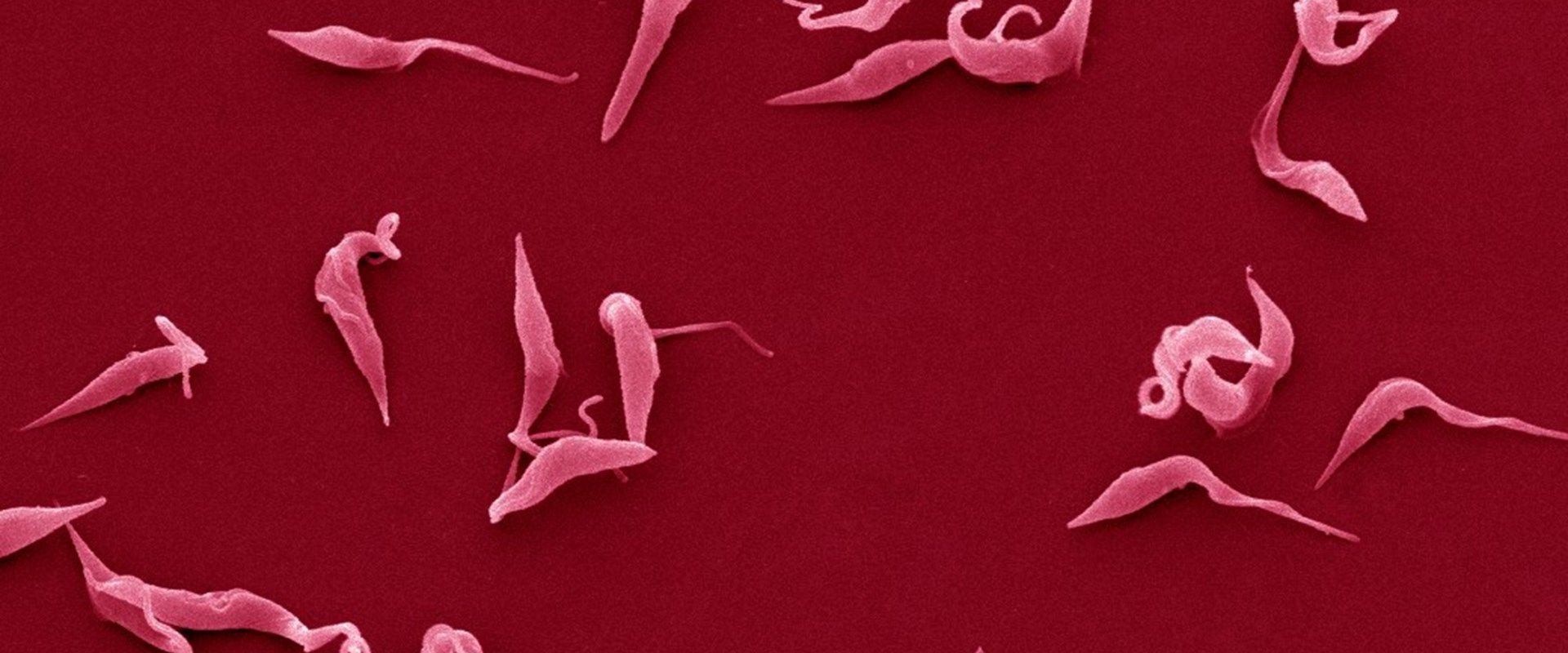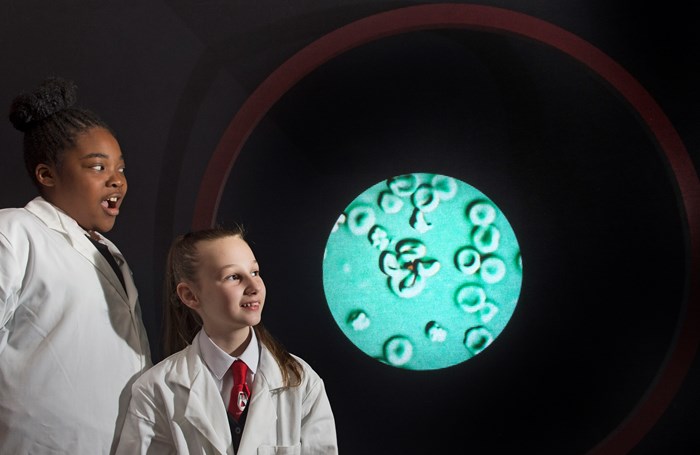Key in a search term below to search our website.
Key in a search term below to search our website.

There's lots of words to keep track of when talking about parasites, this useful list will help you understand some of the words used in our exhibition and parasites pages.
A feature of an organism's body which helps it to survive.
The material inside the nucleus of cells, carrying the genetic information of a living being.
A disease caused by the parasite Dracunculus medinensis which is carried by the water flea and delivered via water.
The organism lived on or in by a parasite.
A disease caused by the parasite Leishmania which is carried by the female sandfly and spread by its bite.
A disease caused by the parasite Plasmodium falciparum which is carried by female mosquitos and spread by their bites.
A parasite is an organism that lives in or on another organism such as humans.
The scientific study of parasites, their characteristics and vectors.
A disease caused by the parasite Schistosoma which is carried by freshwater snails and spread through water.
A disease caused by the parasite Trypanosoma brucei which is carried by the tsetse fly and spread by its bite.
The spreading of pathogenic disease, for example by touch, food, water.
Any organism that can spread a disease.
These resources were produced as part of the interactive exhibition, Parasites: Battle for Survival which ran at the National Museum of Scotland from 6 December 2019 to 19 April 2020.

School children exploring Parasites exhibition © Neil Hannah